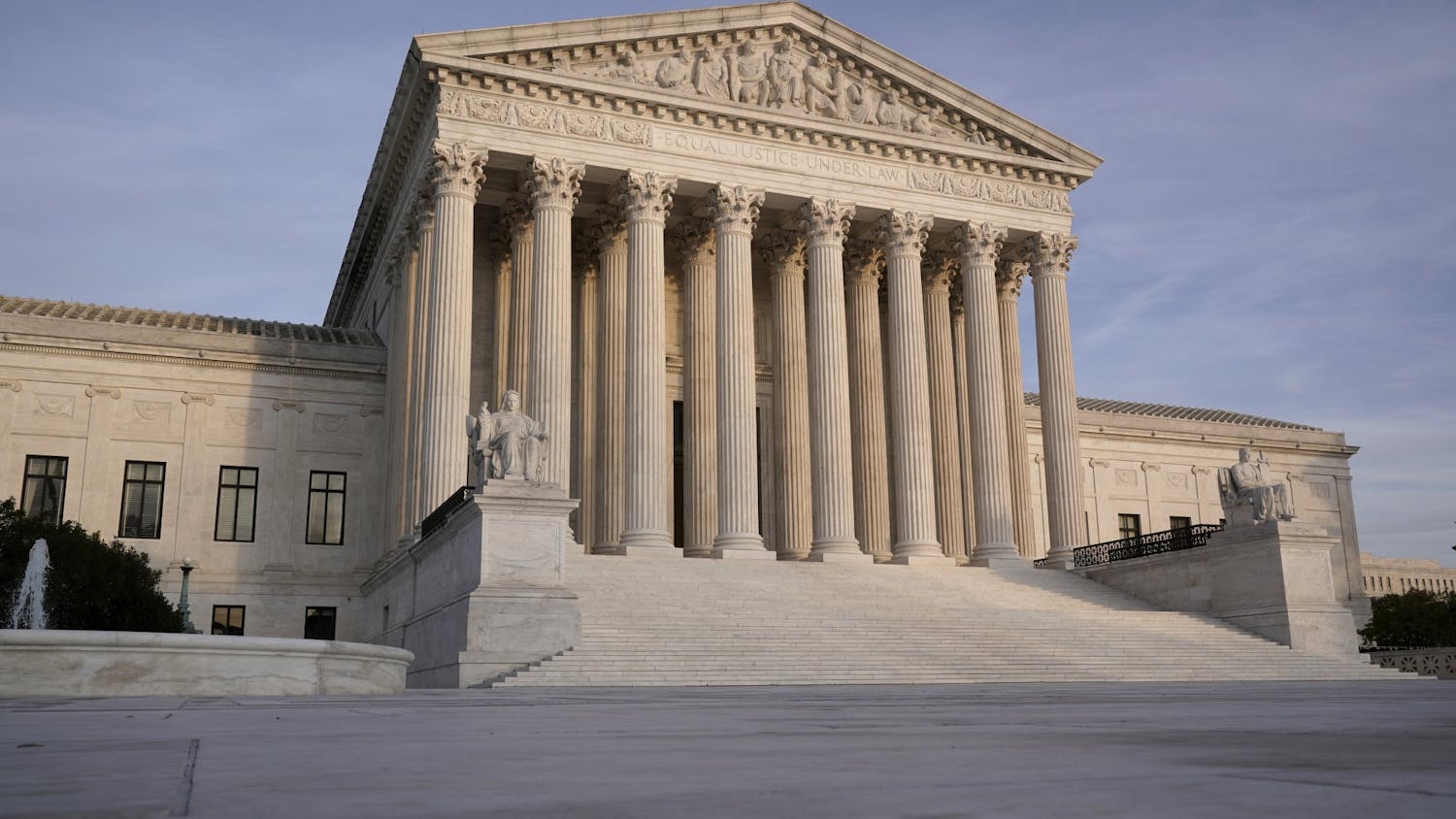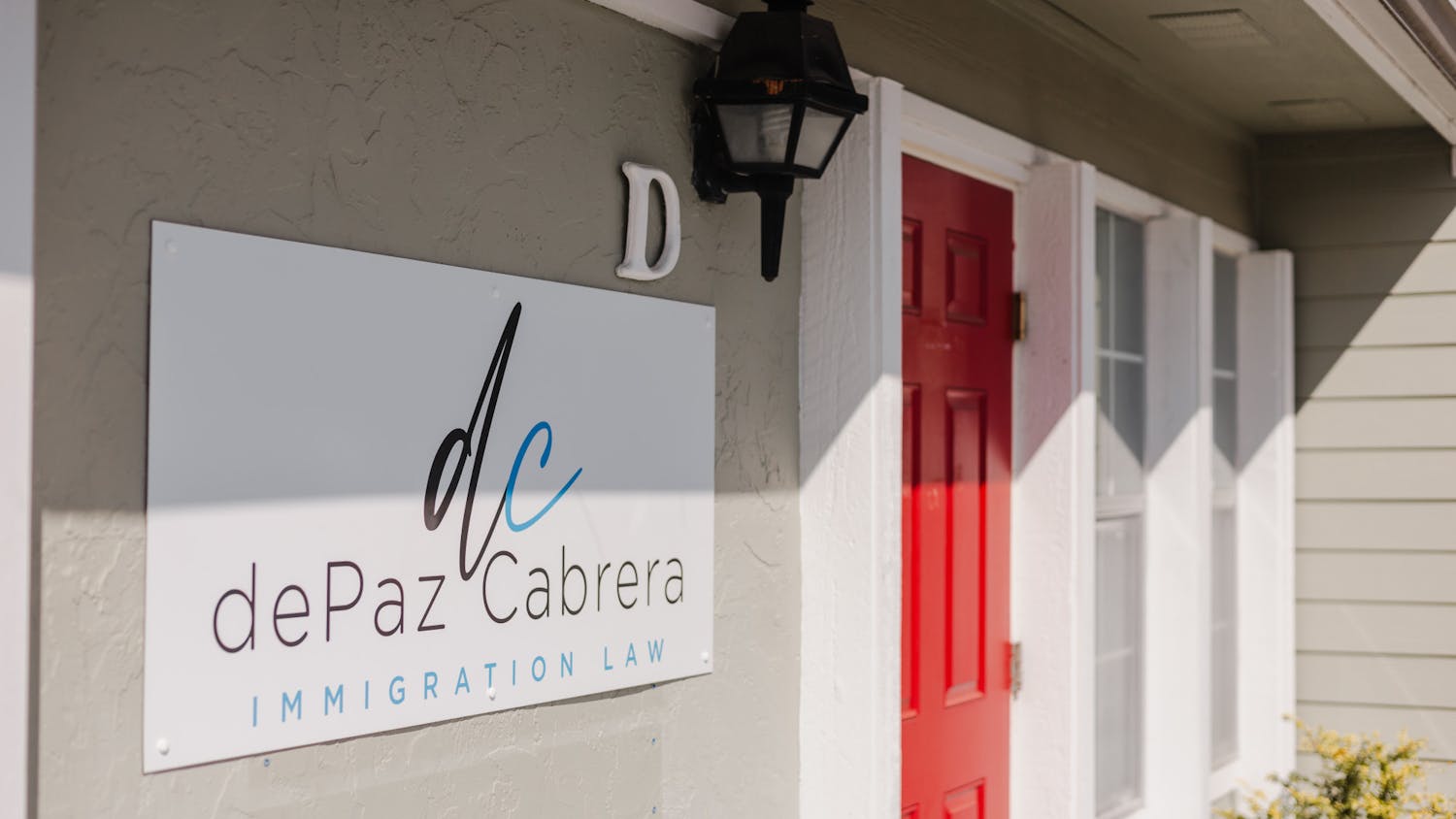The state of Georgia killed Troy Davis Wednesday at 11:08 pm.
Davis, for those that don't know, might very well have been innocent.
Twenty years ago, Davis was convicted of the murder of a Savannah police officer. Despite seven witnesses for the prosecution recanting their statements and allegations of coerced testimony, his conviction was upheld.
Although his lawyers scrambled for a last-minute stay, the Supreme Court refused to intervene. After spending 20 years in prison, he was strapped into the chair he would die in, and he sat there for hours as the drama unfolded.
Poison was pumped into his veins while a group of strangers surrounded him. Guilty or innocent, no person could wish for a death like that; no person should wish another to die like that.
But many people seem to have no qualms about demanding that another person die. The death penalty is still legal in 34 states. Since 2006, 265 people have been executed. Were all of these men guilty? Were they all given a fair trial and convicted properly?
The Innocence Project, an advocacy group that works to exonerate wrongly-convicted death-row inmates, says no. Their arguments have been convincing enough to exonerate 17 inmates who spent time on death row with post-conviction DNA evidence alone. It is almost guaranteed that of the 265 individuals who have been executed in the last five years, at least a handful more were innocent.
New DNA evidence has cast doubt on a range of traditional investigative methods. We know now that eye witnesses are untrustworthy. Often they can't remember events well enough to accurately point out a suspect. Other times, their own motives undermine the truth of their testimony.
One of the nine witnesses who identified Davis as the killer has been pointed out by some as the one who actually committed the murder. Only he and one other witness remain committed to their statements that named Davis as the killer.
Police sometimes intimidate witnesses into saying what the prosecution wants. In fact, the truth, the whole truth and nothing but the truth, is something most witnesses just can't provide: Eyewitness misidentification is partially responsible for 75 percent of overturned convictions.
Even worse, suspects often feel forced to give false confessions by aggressive police interrogation. A host of other dubious practices, from so-called expert testimony to shoddy forensic science, contribute to the hundreds of wrongful convictions in this country.
So what? Mistakes happen. Maybe mistakes are just an ineradicable part of any system. After all, no institution is perfect, and we can't expect perfect results.
True enough, but that doesn't justify execution. In a practical sense, execution is expensive. States spend more money keeping prisoners on death row than imprisoning them for life. From 1976 to 2000, Florida executed 44 prisoners at an average cost of about $24 million an execution.
Executions also fail to deter criminals. Homicide rates in states without the death penalty are actually lower than those in states with capital punishment.
Proponents of the death penalty must ask themselves this question: Is the state-sanctioned murder of innocent people OK? Are these innocents the lambs we must sacrifice on the altar of justice?
Clearly, killing an innocent man is not just.
At its heart, the death penalty isn't about compensation. It's not even about "eliminating dangers to society." It's only about revenge.
And revenge can only end in tragedy.
We should also question what the death penalty says about society. Do we really believe that the state, as long as it follows the proper procedure, is right to take a life?
Few, I think, would be comfortable with the implications of that reasoning.
Who but the state decides the proper procedure?
Who but the state sits in judgment above the accused?
When we grant the state the right to kill, we give up our own rights to life, liberty and the pursuit of happiness.
The death penalty is un-American.
William Tew is a classics senior at UF.





